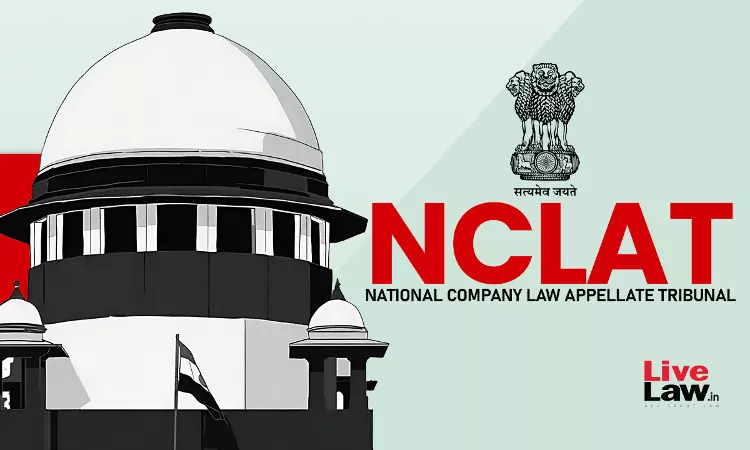The Supreme Court recently expressed surprise that the National Company Law Appellate Tribunal (NCLAT), despite having a high pendency of cases, devoted extensive time and effort to writing a 17-page order on a delay condonation application.A bench of Justice Abhay Oka and Justice Ujjal Bhuyan remarked that lengthy submissions and pleadings by members of the Bar often contribute to...

